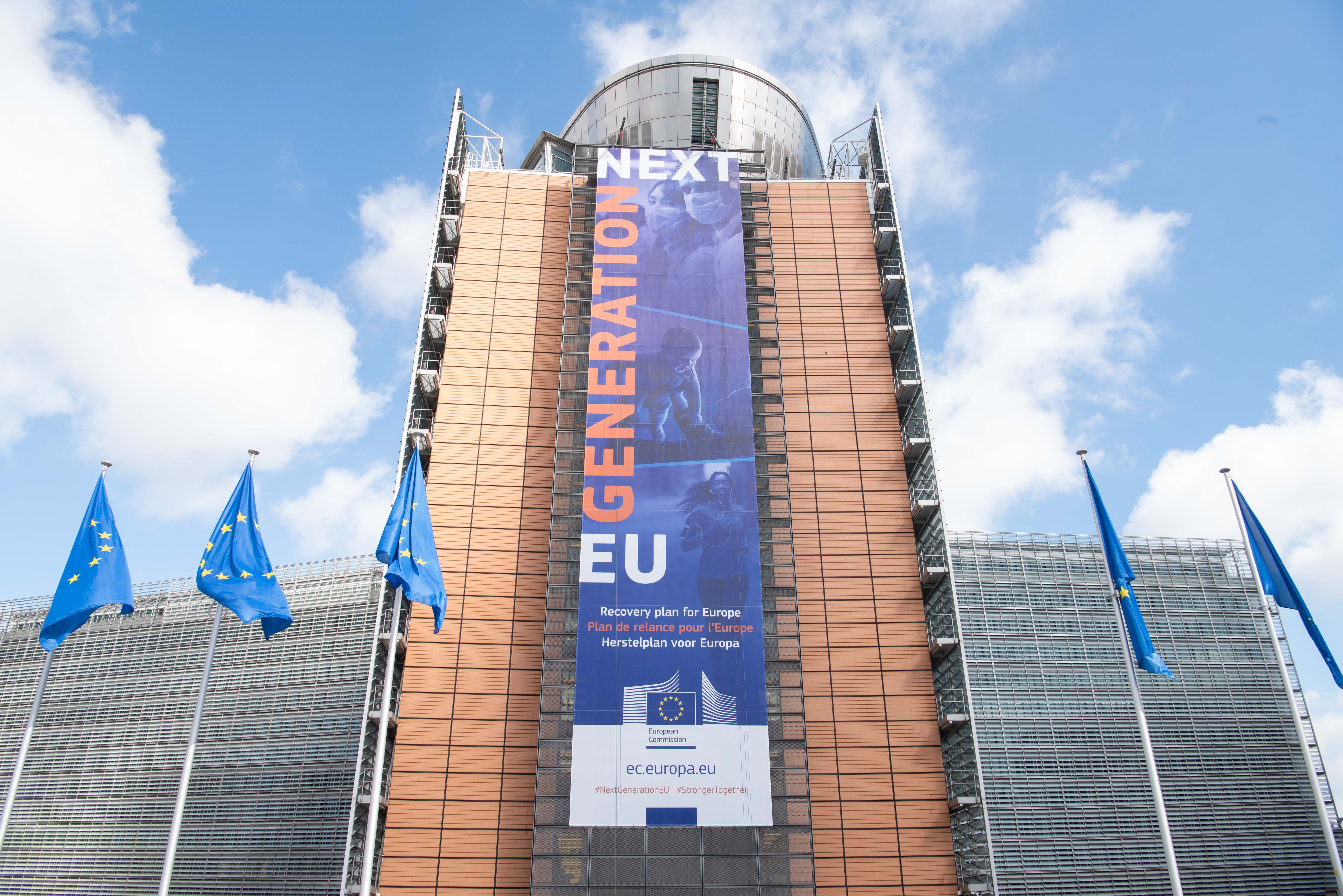‘Green Recovery’ at the heart of the EU’s COVID-response

date: 15/07/2020
The COVID-19 pandemic has hit Europe and our partner countries hard, affecting our health, our way of life and our economies. The most vulnerable – in particular our elderly – have been hit hard. As we are slowly emerging from the disease, time has come to support the recovery and EU cooperation has an important role to play.
The first response to the crisis has been to urgently address the direct impact on people: post-emergency outbreak control, quarantine, drug and vaccine development, and the strengthening of health systems and WASH services on the one side, and economic stimulus measures such as direct cash transfers, emergency funds, new loan terms, and tax and repayment reliefs on the other. While these measures are crucial, it is important to identify the causes of disease emergence to prevent similar crises in the future.
Around 70 % of emerging infectious diseases –and almost all recent pandemics – originate in animals (the majority in wildlife), and their emergence often involves interactions between wildlife, livestock and people within rapidly changing environments and climates. Such diseases – called zoonotic diseases – are strongly driven by anthropogenic changes such as deforestation and expansion of agricultural land, intensification of livestock production, wildlife trade and consumption and climate change. The risk of zoonotic diseases increases when there is more contact between animals and humans, for example when ecosystems are disturbed.
For these reasons, the EU is firmly committed to work together with its Member States in a concerted ‘Team Europe’ to promote a green, sustainable, socially just and resilient recovery. Such recovery must ‘do no harm’, meaning that the EU will not support investment and development of carbon intensive economic activities which are harmful, have no future in a low carbon society, and that would result in carbon lock-in and stranded assets. We are determined to build back better, together.
The EU is taking a leading role in the global recovery effort. As a member of the G20, the EU has endorsed the G20 Action Plan in response to the pandemic. The EU will reinforce its support to its partners. This is illustrated by the more than EUR 36 billion mobilised by Team Europe – the EU and its Member States – to support partner countries and international organisations to face the humanitarian, health, social and economic impact of the crisis. Moreover, under the Multiannual Financial Framework 2021-2027 and Next Generation EU – recently agreed by the European Council – 30% of the total budget of EUR 1.8 trillion will target climate-related projects, and EUR 98.4 billion will be allocated for external action, including humanitarian aid.
The EU remains firmly committed to its 2050 carbon neutrality objective and the European Commission will make its proposal to increase the EU’s 2030 climate ambition as planned. The EU will also continue to work for decoupling economic growth from resource use and fight biodiversity loss. Beyond the ambitious climate neutrality objective, the EU will be leading green recovery efforts through initiatives such as the Circular Economy Action Plan, and the ambitious Biodiversity and Farm to Fork strategies.
Under the Green Deal, the EU will build Green Alliances with like-minded partners to address global challenges e.g. in the field of climate, environment, food and energy. Through its external energy cooperation, the EU will promote a global green energy transition, focusing mainly on increased renewable energy generation capacity, energy efficiency, and access to energy. It will also promote sustainable food systems and the sustainable management of natural resources be they forests, land or water. Cities and civil society organisations will have a key role to play in this green transition.
Supporting the transition of businesses towards sustainability will be crucial in the recovery context. This is why the European Commission has announced a Renewed Sustainable Finance Strategy, which will help create an enabling framework for private investors and the public sector to facilitate sustainable investments. The EU-backed International Platform on Sustainable Finance (IPSF) will play a key role in the external dimension of this endeavour. The IPSF will promote integrated markets for environmentally sustainable investments at a global level, enhance transparency, reducing transactions costs and facilitating cross-border green capital flows.
We look forward to engaging with you on this ambitious agenda. The programming of EU cooperation for the next seven years offers a unique opportunity to promote a green recovery and transformative policies and investments in partner countries in order to fulfil the Green Deal’s ambition of achieving climate neutrality, preserving biodiversity and transforming our economies and food systems. The EU and its Member States are at the forefront of this effort.
I wish you an interesting read.
Carla Montesi
Director, DEVCO.C
Planet and Prosperity
